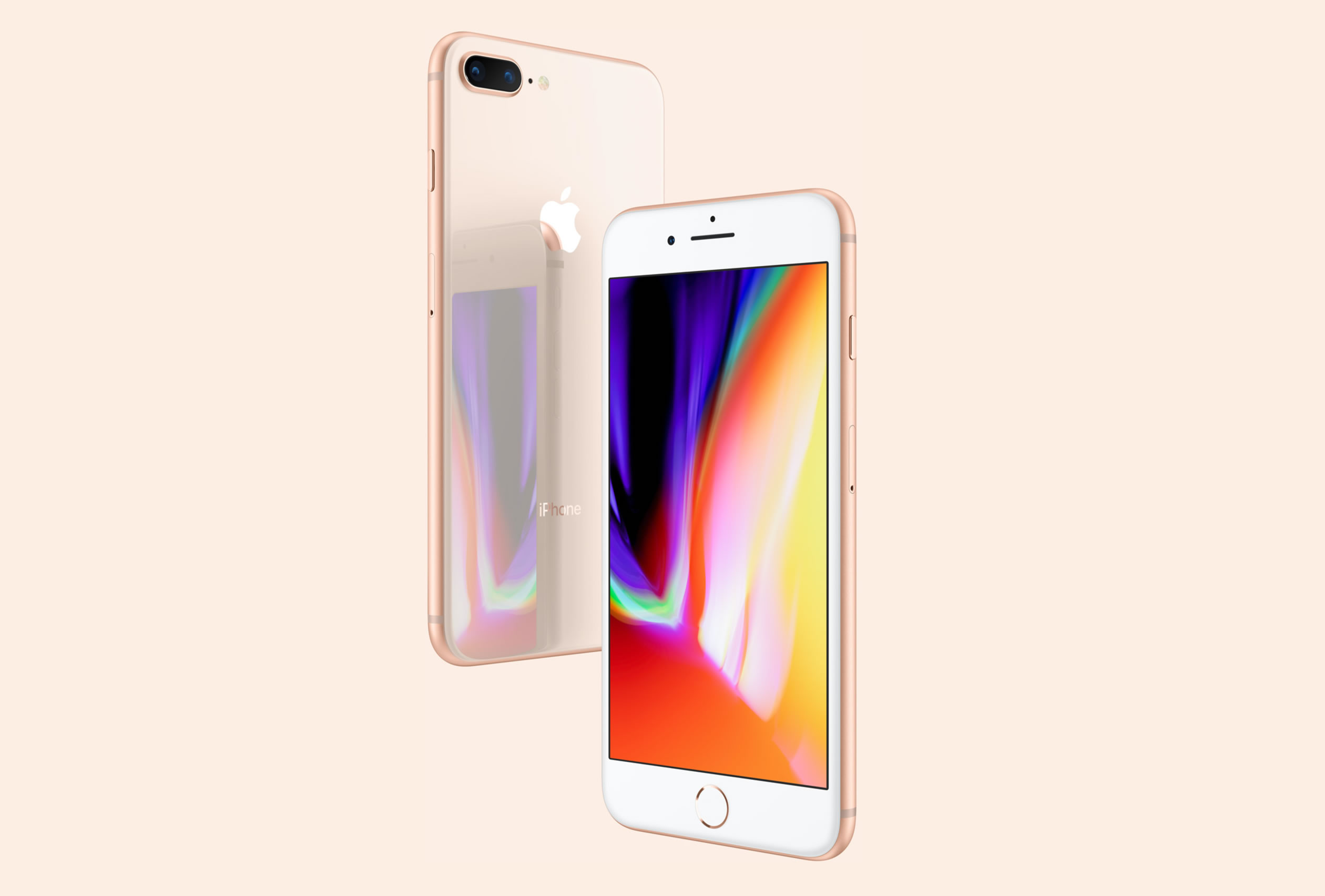
Apple’s new lineup of iPhones arrives this fall, and the Cupertino company’s supplier, TSMC, has already started mass production of the processors that will power these handsets. According to a report from Bloomberg, the chips could be the first to use a 7-nanometer design, which would see Apple beat rival smartphone makers in bringing the technology to market.
The successor to Apple’s A11 Bionic SoC will likely be called the A12. Thanks to the increase in transistor density, the chip should offer more power and efficiency despite its smaller size. Current flagship mobile processors such as Qualcomm's Snapdragon 845 and the A11 Bionic are manufactured using a 10nm process.
While Apple might bring out the first smartphones to feature a 7nm design, its competitors won’t be far behind. Bloomberg reports that main rival Samsung said it will start 7nm chip production this year—they could make their debut in the Galaxy S10—while Qualcomm and Huawei are also in the race to release 7nm processors.
Apple is expected to launch three new iPhones this fall: an updated iPhone X, a Plus-size version, and a cheaper handset that comes with a 6.1-inch LCD screen.
All eyes might be on 7nm right now, but TSMC is already looking to the future. It reportedly hopes to roll out 5nm designs as early as the first half of 2020, and the company is planning to invest $13.5 billion on expanding its R&D center at the Hsinchu science park in Taiwan, where it hopes to begin 3nm mass production in 2021.
https://www.techspot.com/news/74761-apple-next-iphones-could-first-handsets-feature-7.html